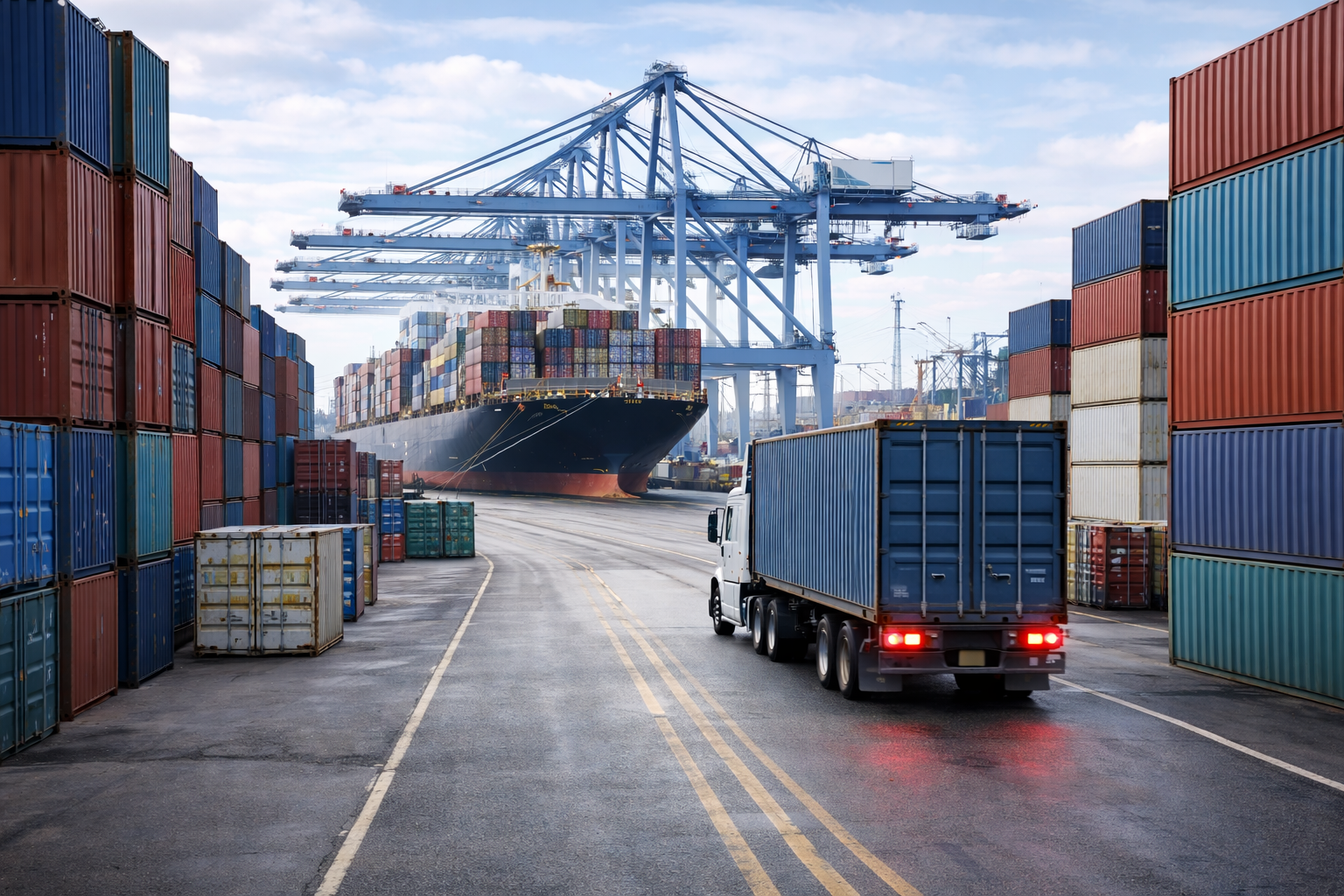The dynamic landscape of the global supply chain is undergoing rapid transformations to align with the swift technological advancements of the modern era. As we delve into the supply chain trends of 2023 and beyond, it becomes evident that the future of supply chain management is intricately linked with groundbreaking innovations. Companies are increasingly focusing on supply chain improvement, adopting tools for supply chain management that integrate seamlessly with emerging technologies. From enhanced visibility to predictive analytics, these supply chain management features are instrumental in optimizing operations and ensuring efficiency. Stay ahead in the evolving business environment by embracing the latest supply chain innovations that pave the way for a more resilient and responsive supply chain system.
Artificial Intelligence and Automation
The prevalence of Artificial Intelligence (AI) is at an all-time high. According to our 2023 State of Manufacturing Report, 85% of surveyed companies have embraced AI solutions, with 45% anticipating significant impacts on supply chain management functions. Leveraging AI and automation tools is crucial for enhancing the efficiency of your supply chain, ensuring competitiveness within your industry. The report highlights that 97% of respondents expect AI to influence product development and manufacturing. Strategies include intelligent sourcing, inventory management, logistical route optimization, and exploring future supply chain tracking or automation. Embracing AI can streamline your processes and enhance visibility, with 55% of respondents prioritizing supply chain visibility in our report.Pro-Tip: Consider automating your supply chain by outsourcing part procurement to digital manufacturing companies like Fictiv, utilizing AI for instant design feedback and efficient manufacturing partner sourcing.
Increased Focus on Speed of NPI
Economic uncertainty, inflation, and geopolitical instability pose barriers to new product introduction (NPI). Our latest State of Manufacturing Report reveals that 94% of companies face these barriers, with 49% emphasizing the need to accelerate NPI speed. To overcome these challenges, companies are shifting towards high-performance and resilient supply chains. Partnering with suppliers equipped with AI-powered sourcing technologies and fostering early collaboration between procurement and supply chain teams can enhance supply chain robustness, support rapid prototyping, and facilitate faster time-to-market.
Pro-Tip: Consider automating your supply chain by outsourcing part procurement to digital manufacturing companies like Fictiv, utilizing AI for instant design feedback and efficient manufacturing partner sourcing.

Customization
To remain competitive, businesses in 2023 must tailor their supply chain strategies. This involves customizing manufacturing services such as CNC machining and injection molding for prototypes without compromising quality. Automating order processing for personalized customer orders ensures a seamless and efficient approach. Fictiv offers hassle-free custom manufacturing services, managing the entire supply chain process.
The Internet of Things (IoT)
The IoT, a network of digitally connected physical objects, is set to have over 25.4 billion devices in operation by 2030. In our 2023 State of Manufacturing Report, 54% of respondents are already using Industrial IoT (IIoT) digital manufacturing technologies, and an additional 33% are in the implementation phase. IoT enhances oversight in operations, transportation, warehouses, fleets, inventory control, and maintenance. The integration of IoT devices with other technologies maximizes benefits, such as automating processes like forecasting and asset tracking.
Digitization
Creating digital manufacturing ecosystems is a key trend, especially in Electronic Supply Chain Management (e-SCM). Research indicates that 60% of respondents are already using digital supply chain analytics and visualization platforms, with 31% in the implementation stage. Digitizing the supply chain brings benefits such as reduced disruptions, improved efficiency, real-time inventory tracking, and minimized inventory risks.
Strengthened Relationships
As companies express a desire to increase U.S.-based manufacturing and expand their North American supplier base, building long-term relationships becomes paramount. A study indicates that 71% of companies aim for this. Maintaining strong relationships with team members, vendors, and suppliers fosters collaboration at every supply chain stage. Seek digital manufacturing partners prioritizing people and unique problem-solving abilities for quality parts, speed, and customization options.
Risk Management and Resiliency
Mitigating risks is crucial for maintaining supply chain stability during uncertain times. Companies are looking to reduce supply chain risk in 2023 by investing in technology, examining supplier relationships, and strengthening them. This proactive approach allows for quick pivots and minimizes disruptions, ensuring a resilient supply chain.
Conclusion
LAX Freight stands as a reliable partner, ready to facilitate the seamless integration of these supply chain innovations. With a focus on efficiency, sustainability, and adaptability, LAX Freight is not just a company embracing change but a catalyst for positive and transformative shifts in your business. Contact us today to get a tailored logistics solution that perfectly meets your needs.



